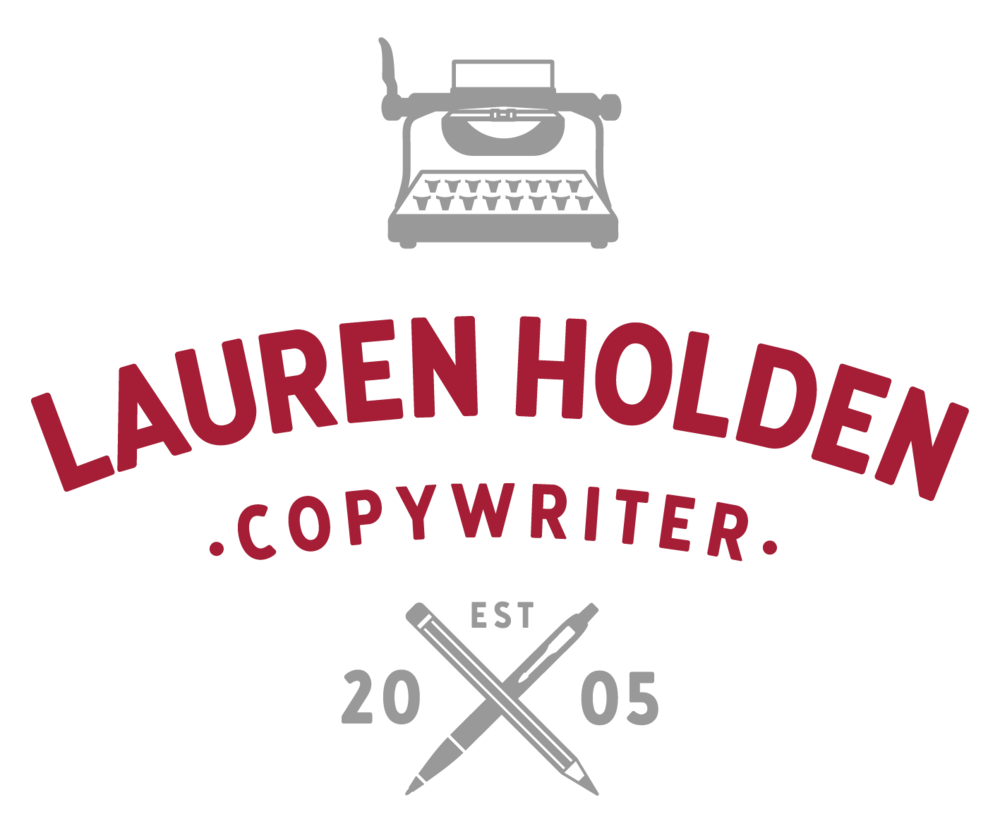Ever spent an age putting together an email - for work or something else - only to fuss and fret about each and every word it contains?
You rewrite it; you change the order of a sentence; you substitute a less 'formal' word for something that sounds more...er...professional. Then you hover over the 'Send' button.
When it comes to writing the language we speak day in, day out, we can all feel a tinge of self-doubt every now and then. I certainly do - and I write for a living, for my clients and here on my freelance Yorkshire copywriter blog.
Whether or not we have a good grasp of grammar and punctuation is just the tip of the iceberg when it comes to text-based fret. Try as we might, many of us still stress about what we write: whether that WhatsApp message sounded a bit rude, if your email could be misconstrued (I'm a poet and I didn't know it), or if there was er...too much of an...er...interlude between sending that email and getting a reply.
*'Do I sound like a pillock?'
*'Have I just used a word in the wrong context?'
*'Do I come across 'okay', or even 'fun' and 'likeable' on email or text?
* Is my humour a bit ‘out-there’?
*Sh*t, did I spell their name right?!
Ever asked yourself any of the above? In fact, how many of those questions pop into your head before you write the actual thing and hit that blinking 'Send' button.
My advice when you feel like you can't write? Just. Write. Something.
Seriously, just start. Once you've sent your email, don't give it a second thought. Unless you've called your boss a c*ck, it's probably a-okay. So is that text message you want to send to an old flame. Go on; why not...live a little. Unless you’re drunk and he/she is taken. Then maybe leave well alone and get yourself on Tinder.
‘Just Start’ (I bet Nike are sh*tting themselves)
I apply my patented 'just start' principle to everything I'm procrastinating about. There's nothing worse than the feeling of dread that comes with putting something off. So, today - do that thing you've been thinking about doing. Swallow the frog - or whatever it is they say.
Send that email, write that text, start that novel, organise the kitchen cupboards.
You know it'll make you feel better.
The point to this article? I'm not really sure. Other than the fact I've been putting off writing this for well over a week. Now? It's out there in the world - in front of your peepers - and I feel great.
So, take my advice - just start - and you'll feel great too.
Until next time…














